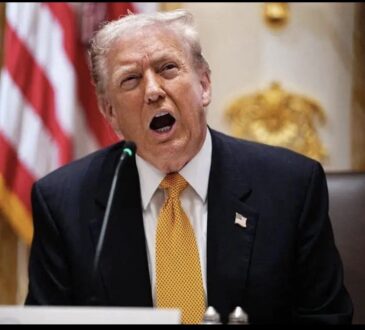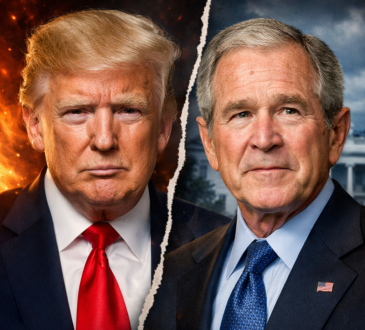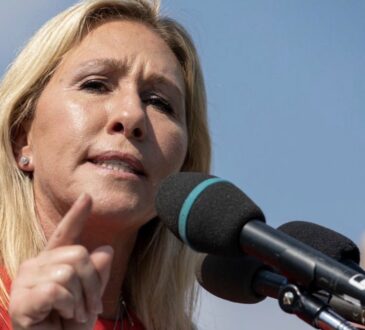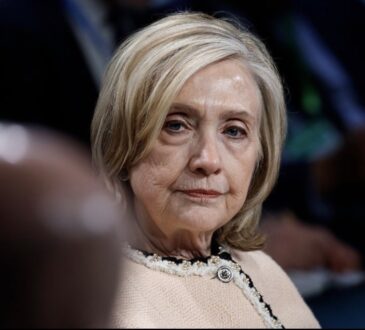
President Donald Trump’s recent comments about possibly pardoning Ghislaine Maxwell, the convicted sex trafficker who helped Jeffrey Epstein abuse underage girls, left legal experts stunned and sparked renewed outrage.
During a press event on Friday, a reporter asked Trump whether he would consider giving Maxwell a pardon or reducing her sentence. His response: “It’s something I haven’t thought about. I’m allowed to do it, but it’s something I have not thought about.” That vague and non-committal answer deeply alarmed many, especially given the gravity of Maxwell’s crimes and her close ties to Epstein, who ran a vast and disturbing sex trafficking network targeting minors.
CNN senior legal analyst Elie Honig was nearly speechless over Trump’s response. In an interview with host Michael Smerconish, Honig called the question “the easiest in human history.” He emphasized how simple and necessary it should be for any public official—especially a president—to firmly reject the idea of pardoning someone convicted of such horrific offenses. Quoting a colleague, Honig asked incredulously, “Are you kidding me?”
Maxwell is currently serving a 20-year federal prison sentence after being found guilty of multiple charges, including trafficking minors and conspiracy. Her case was among the most high-profile sex abuse trials in recent years, and many people still view her sentence as far too lenient given the scale of Epstein’s abuse operation.
Honig didn’t hold back in his reaction, saying that pardoning Maxwell would be unconscionable: “A pardon for the single worst, or No. 2 after Jeffrey Epstein, worst child sex trafficker in modern history? Absolutely not. N-O.” He said it should have been an immediate and emphatic no, and the fact that Trump dodged the question raises serious concerns.
What adds more tension to the situation is Trump’s own long history with Epstein. Though Trump has tried to downplay their connection, past photos, interviews, and reports show they were friends and socialized frequently, especially in the early 2000s. That history has been reignited as Trump faces mounting pressure to release any records he may have connected to Epstein or Maxwell, particularly after the Justice Department confirmed there is no formal “client list,” despite previous suggestions from officials that one might exist.
To complicate matters, this controversy exploded just as Trump departed for a trip to Scotland, where reporters continued asking him about Epstein and Maxwell upon his arrival and departure. Rather than shutting the conversation down with a firm stance against Maxwell’s crimes, Trump’s hesitant response only fueled speculation about his real position—and whether he’s protecting someone, or possibly even himself.
Although Honig said it’s difficult to imagine Trump actually going through with a pardon, he warned that people close to Trump believe it’s within the realm of possibility. That alone has left many legal experts, victims’ advocates, and members of the public deeply unsettled.
Trump’s lack of a strong, moral stance on this issue continues a pattern many have criticized—of refusing to clearly condemn those accused or convicted of serious crimes, especially when those individuals were once within his social or political circle.




